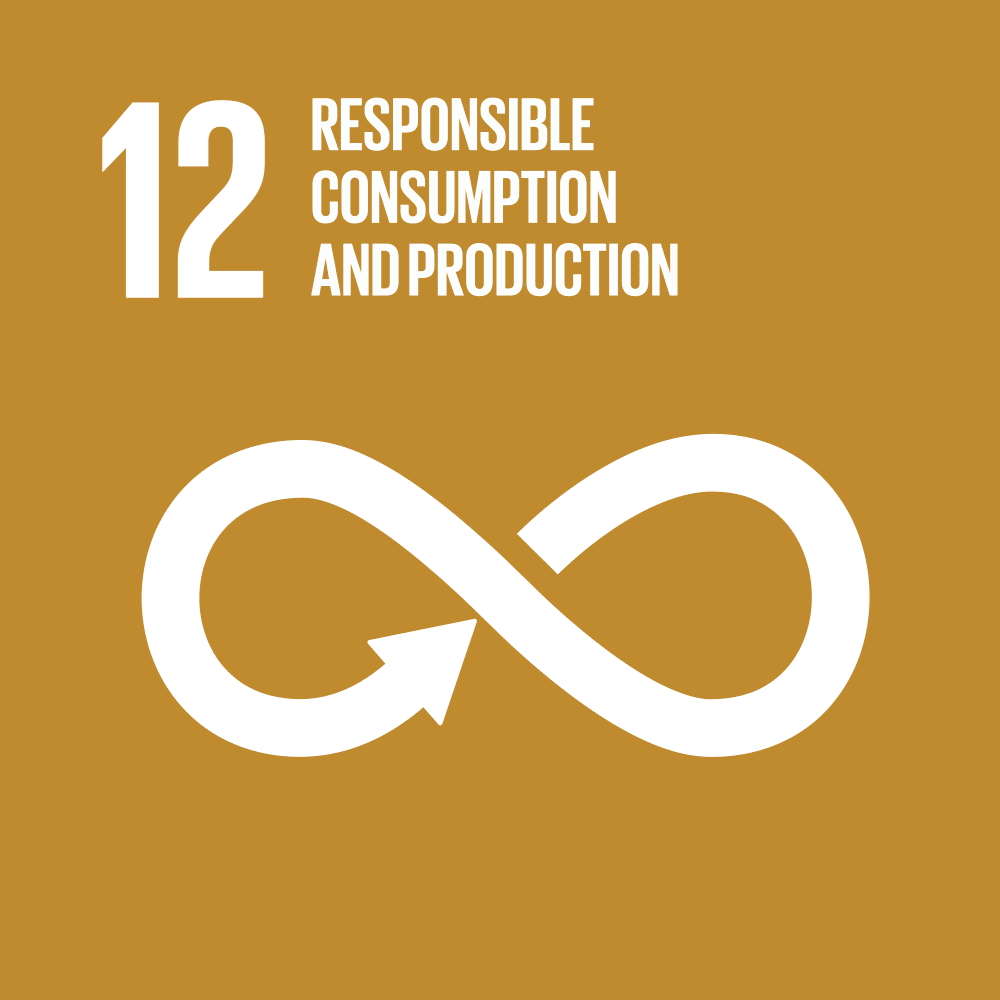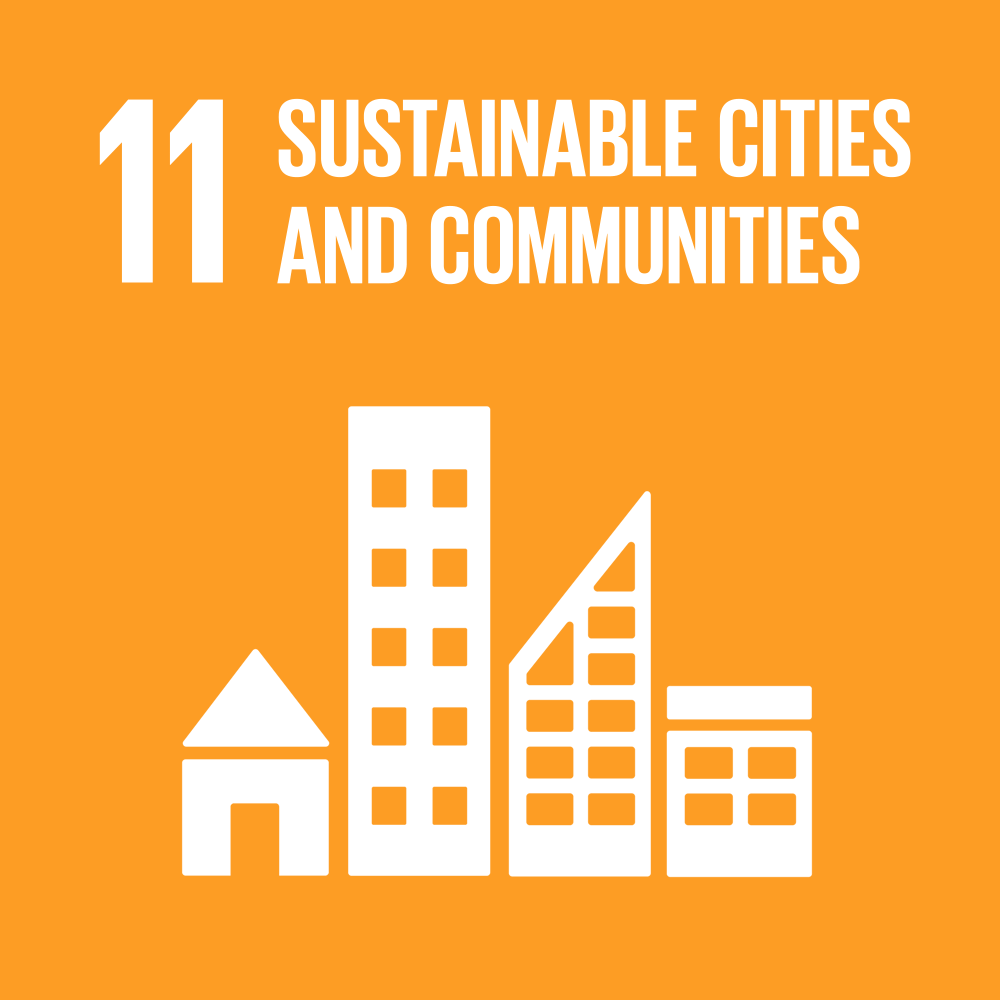Problem:
Nowadays there is a huge amount of plastics in landfills and our oceans coming from single use packaging. This situation has worsened and has been affecting ecosystems and on people's quality of life. In addition to this, the EPR Law (Extended Producer Responsibility) will be implemented and will regulate companies for the disposal of their product packaging, meaning an additional cost for poorly managed waste. In a context where recycling is no longer an option, reuse can become the solution.
Idea:
RENVAS is an opportunity for a sustainable way to reduce single-use packaging from Chilean homes through a reuse system. Allying with well-known brands we pursue that a percentage of top-selling products are available in reusable RENVAS packages in principal supermarket chains. Once the product is consumed, the consumer will have 3 ways of returning the packaging to RENVAS who is responsible for the pick-up, sanitization, and return to the production plants for reuse, restarting the cycle.
Main Beneficiaries:
Potential clients are Chilean and foreign companies that produce daily products that package in our country, with products of massive use in the categories of food, hygiene, cleaning, among others. This is due to the implementation of the EPR Law that will force to compensate monetarily for poorly managed waste by the producing companies, meaning a cost they wish to avoid. These costs vary by the amount of waste emitted and can be up to 10.000 UTA (6 billion CLP). Are also clients, companies that genuinely want to reduce their environmental impact by seeking more environmentally responsible options, following their values and those of their clients. Our users are people who seek to reduce their environmental impact and do so effortlessly. People who buy in person or online supermarkets, which, according to an investigation carried out by the RENVAS team, encompasses 95% of those surveyed. We note that 76% of those surveyed are willing to change their consumption habits towards more sustainable ones, although 55% are not willing to make an additional effort to achieve it. Thus classifying our audience as sensitive to changes or obstacles in additional processes. Meaning that an easy-to-use service is a key to the success of RENVAS. The principal benefit of using RENVAS is a reduction in the negative impact of the high amount of plastic generated every day. By using a container reuse system like RENVAS, a large part of the 1.4 billion plastic containers produced and sold per day could be avoided. This means the non-production of these containers, which leads to a reduction in both contaminations in the production process and in the disposal process of these. This translates into a reduction of the 1.3 kilos of garbage generated per day per inhabitant of our country that end up in the oceans or in legal and illegal garbage dumps and landfills which affect the quality of life of those who live near and therefore all the planet, in addition to the high levels of pollution that these generate on the planet by themselves due to their degradation. Studies show that given the incomplete degradation of plastic, it reaches the oceans as microplastic and returns to us in an estimated amount equivalent to the intake of a credit card per week.
Stage:
Inspiration and ideation
SDG:
GOAL 12: Responsible Consumption and Production
GOAL 11: Sustainable Cities and Communities


University:
Pontificia Universidad Católica (Chile) '21
